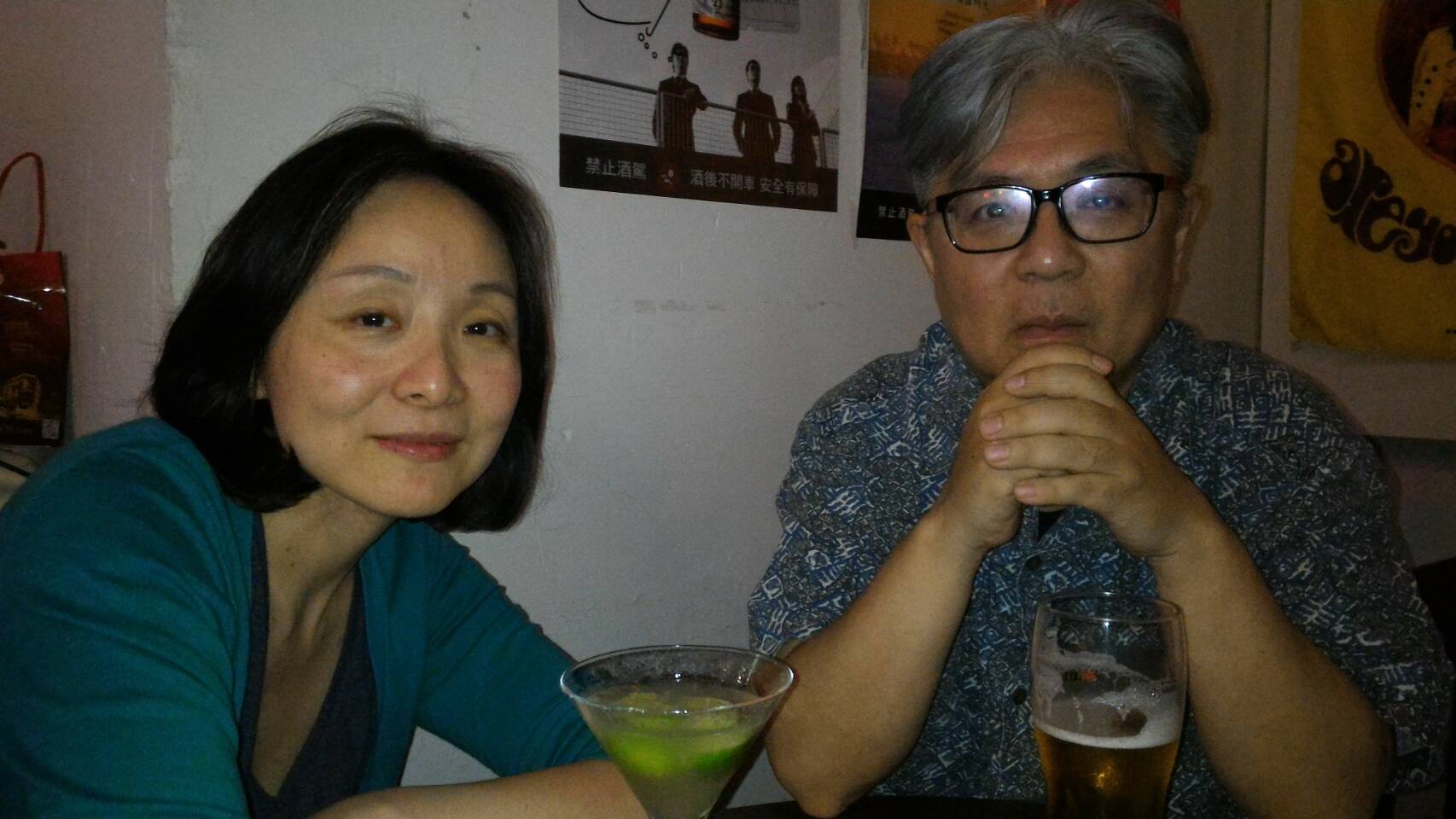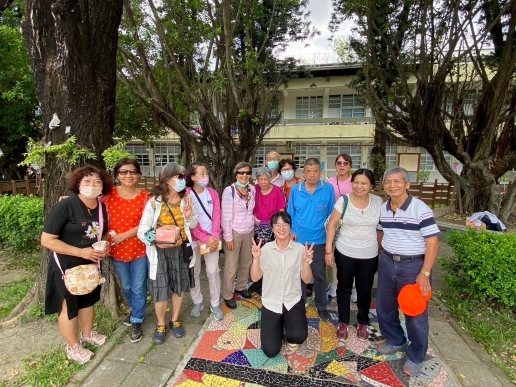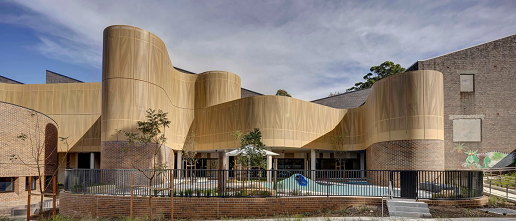木下諄一(KINOSHITA Junichi): New immigrant from Japan, Aichi Prefecture who has lived in Taiwan for 40 years
Education: Tokyo Keizai University
Experience: Author, poet
Tourism in Taiwan, Editor-in-Chief for 8 years
Wrote the novel "蒲公英之絮" published by INK in 2011, which won the 11th Literature Award. KINOSHITA Junichi was also the first foreigner to receive the award.
Author of "隨筆臺灣日子", published by ECUS Publishing House in 2013, "記憶中的影子 (Once Upon a Time in Taiwan)" published by Asian Culture in 2013, and Japanese novels such as "アリガト謝謝".
YouTube channel: "超級爺爺Super G"
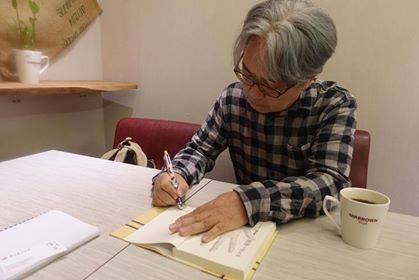
I first came to Taiwan in 1980, forty years ago. After that, I returned to work in Japan for a while, and came back to Taiwan after 6 years. At the blink of an eye, it has been thirty-four years and I have lived in Taiwan longer than the time I lived in my hometown in Japan.
"Why did you come to Taiwan?" I am often asked this question. Especially when "Dandelion" (蒲公英之絮) won the Taipei Literature Award (台北文學獎), many media reporters asked me this question.
Facing everyone’s curiosity, my answer is: "I was blown by the wind."
When I was a freshman at university in Tokyo, I met a few international students from Taiwan. After listening to them talk about the beauty of their hometown, I got interested in Taiwan, and I wanted to find an opportunity to go to Taiwan to experience it for myself. However, this was only the beginning of my bond with Taiwan.
I wrote in the book "Dandelion": As the encounter between people is a kind of fate, it is similar between people and cities. Invisible and intangible, it is a magical force. Because of this force, people are called by the city; when the fate is over, people leave the city again.
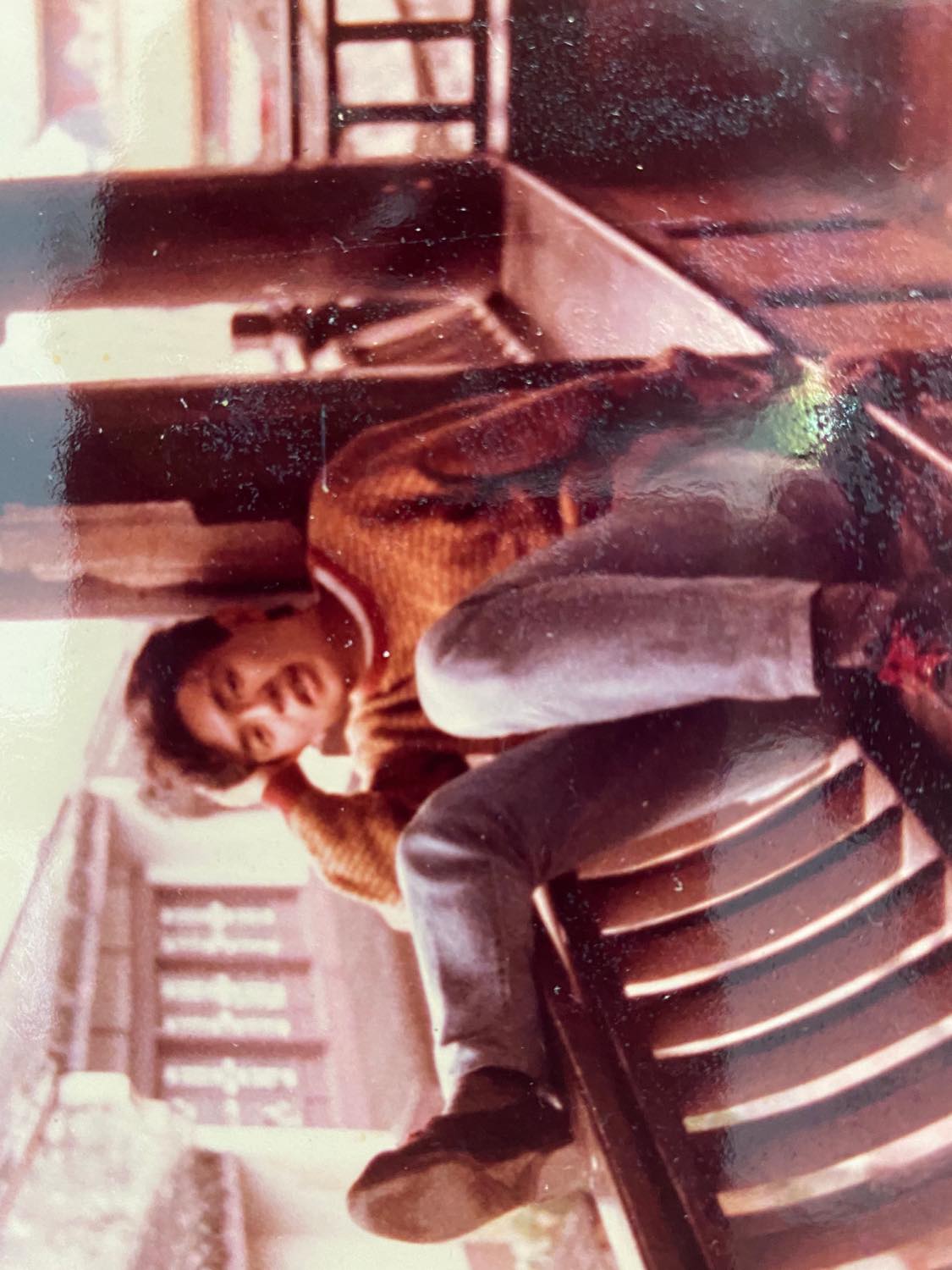
I first arrived in Taiwan forty years ago. Although Taipei is the most prosperous city in Taiwan, it was very different from today. Except for famous tourist attractions such as the Palace Museum (故宮博物院) and Chiang Kai-shek Memorial Hall (中正紀念堂), it was not common to see foreigners on the streets.
At that time, the general atmosphere of the society was slow paced, and everyone was very warm and kind. To me, it was a fresh and deep attraction.
My first step to get to know Taiwan is to "learn Chinese well". If I can learn Chinese, then I can communicate directly with this group of people who live in this land even if their thinking and perceptions are different from mine. What a wonderful thing! When I think of this, my heart is overwhelmed with joy.
I decided to apply for a leave of absence from my Japanese school and came to Taiwan again. I spent a year studying Chinese seriously at the Mandarin Training Center of National Taiwan Normal University (師範大學國語教學中心). "Once Upon a Time in Taipei" (記憶中的影子) was a novel that I wrote based on my personal experiences that year.
After that, I returned to Japan to work for a few years, then I came back again to Taipei, and it felt like Taipei was calling me again.
This time I came back not to study, but to apply for a job. In 1989, there were only a few foreigners in Taiwan, and many places needed people who could speak Japanese. Because of this, I quickly found a job to teach Japanese at a university language center. After a few years, I took over the job of the editor-in-chief of the publishing company. During my tenure as editor-in-chief, I had to read a lot of Chinese materials every day, and my basic Chinese improved during this period.
At the same time, Taiwan was constantly changing in many different aspects.
The economy was rapidly taking off, society was moving towards democratization at an alarming speed, and traveling abroad became common to the Taiwanese at that time. In contrast, when I first came to Taiwan, it was during the period of martial law. When I saw this change in Taiwan, I still remember the surprisingly mixed excitement at that time, it was like seeing a newly reborn country.
In the late 1990s, more and more foreigners came to Taiwan to work, like me, or others who came because of marriage...more and more foreigners came to Taiwan for different reasons.
I think this is because of the government's policy changes that relaxed the granting of foreigners' residence permits. Before that, it was very difficult for foreigners to obtain a residence permit, and they could not plan for long-term residence in Taiwan. Today, after obtaining permanent residency, foreigners can freely choose their jobs, purchase real estate, etc., and receive almost the same rights and benefits as the local Taiwanese. As a result, the number of foreigners emigrating to Taiwan gradually increased.
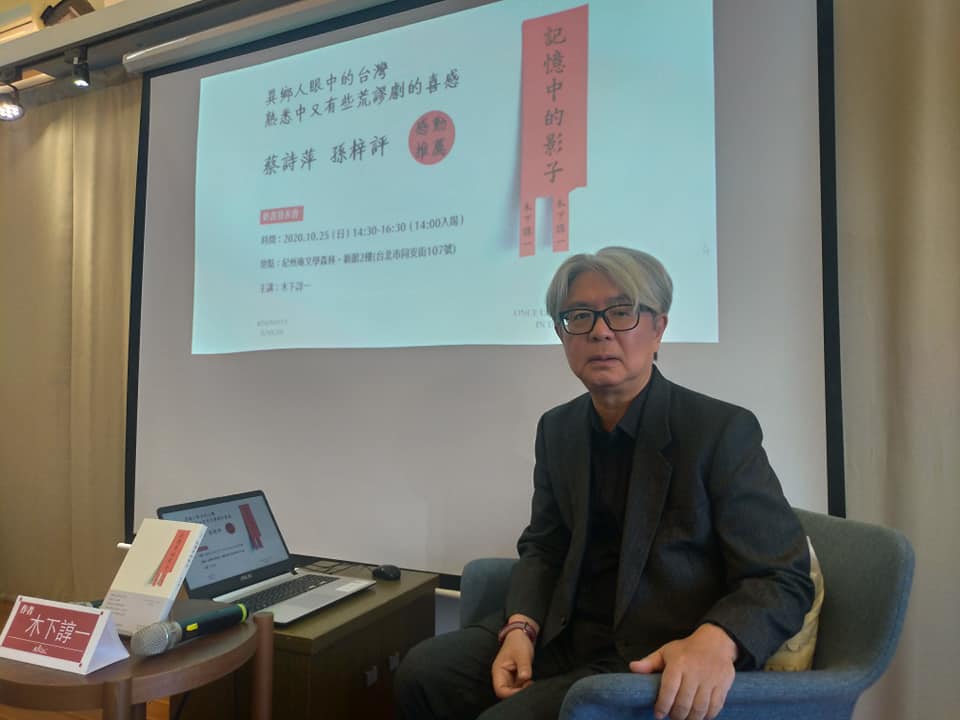
Taiwan made great strides towards globalization. At the same time, the status of foreigners living in Taiwan, like me, changed from being a person from a special minority to a resident with stable civil rights. Now the population of Taiwan’s new immigrants has surpassed the number of indigenous peoples, becoming the fifth largest ethnic group in Taiwan.
Sometimes, people cannot control what kind of environment they will live in. If I had stayed in Japan, God would have probably prepared a different kind of life for me from the life that I have now. With my many experiences after coming to Taiwan, I feel that I’m very lucky to personally feel and experience the changes in Taiwan.

